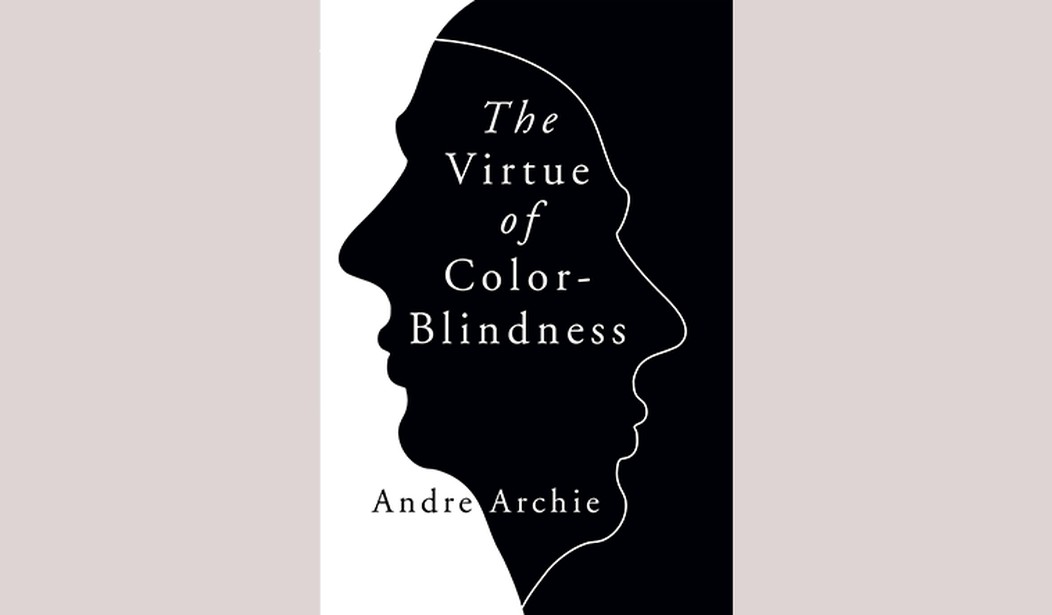The civil rights movement was pivotal in laying the groundwork for equal, color-blind protection before the law, ensuring that black Americans not be judged by the color of their skin but rather by the content of their character. Martin Luther King Jr.’s “Letter from a Birmingham Jail” and “I Have a Dream” speech are powerful indictments of segregation and its anti-color-blind position precisely because they appeal to the same Founding American documents and Western philosophical texts that were also used erroneously to support segregation.
This history accounts for conservatives’ initial complacency in confronting anti-color-blind pedagogy. In other words, as color-blind principles became enshrined in law, the thinking went, history’s movement was believed to be on the side of conservatism.
Due to the historical effort in getting America to live up to its color-blind principles, one would think that any attempt to divide Americans along racial and ethnic lines for the sake of fomenting racial grievances would face stiff resistance from most sectors of American society, especially its elites in the academy and corporate America. Unfortunately, this has not been the case. Instead, racial segregation has returned in full, ugly force.
The industry that undermines the idea of color-blindness the most today is the diversity training industry and the many experts it employs to further its goals—usually from within its base located in the academy and corporate boardrooms. Diversity training has become the Trojan horse for far more insidious racial doctrines like Critical Race Theory and “Antiracism.” The ease with which diversity training has gained wide institutional support, both on campus and off, has been mind-boggling. The sad fact is, diversity experts have been very successful at promoting racial and ethnic consciousness among their clients.
Diversity training is an outgrowth of anti-color-blind pedagogy. It is intended to make white people aware of their unconscious racism towards people of color and lead them to accept that structural racism against blacks, specifically, is what accounts for the social disparities that afflict these communities. The training makes an emotional appeal to whites to encourage them to think sympathetically about the hard life experiences that communities of color face on a daily basis. The true intention of current diversity training in academic and corporate settings is not to offer a genuine understanding of the “lived experiences” of minorities, and blacks in particular. It is designed to promote intimidation and psychological control over concerned, but racially passive, white Americans.
Recommended
There is a self-reflective component to diversity training as well. It requires that white Americans see how the lives they live actually work against all people of color in every way possible. For example, if a white person goes to college, gets a degree and a job, and then buys a home in an up-and-coming, affordable neighborhood, he is unwittingly contributing to systemic racism by pushing out people of color who rent in the neighborhood. As this thinking goes, the white person is racist for contributing to gentrification. When the focus on racism is as allusive as “systemic racism” is, it is doubtful that the mandate of the diversity-training experts will ever be achieved. This lack of achievement is good for the experts because it keeps them employed, but bad for society because it stokes racial consciousness and, thus, resentment.
The virtue of color-blindness is that it complements individual responsibility. Martin Luther King Jr. understood the transformative power of personal responsibility and that color-blind principles complement individual responsibility. His successful efforts in fighting racism during the civil rights movement led to changes in the American political system by extending equal access to all Americans, but especially to black Americans and those who had been marginalized historically.
For far too long, American conservatives have been too willing to give a fair hearing to points of view and ideas that are contrary to core American beliefs. In a heterogenous society such as America, very few ideas or points of view have been as destructive as the anti-color-blind pedagogy. However, to highlight the racial and ethnic differences among Americans is to devalue the unifying elements that have traditionally defined the American identity. From coast to coast, civil society has acquiesced to racial practices and policies to such an extent that we now have celebrated authors writing about how babies can be racist. At the elite private school Fieldston in New York City, the lower school principal recently devised a racial equity curriculum that encouraged children to sort themselves by race so that the white children could become painfully aware of the racism that permeates historically white environments.
Conservatives should promote, encourage, believe in, and be willing to go the distance for a color-blind America. Rather than acquiesce in the face of practices and social policies that balkanize Americans along racial lines, conservatives should promote the homogenizing role that faith, family, and tradition have played and continue to play in the evolution of the country, both politically and culturally. This can only be done by first recognizing that Americans should be blind to racial distinctions. African Americans would especially benefit from this homogenizing effort.
Andre Archie, Ph.D., is an associate professor of ancient Greek philosophy at Colorado State University. His new book The Virtue of Color-Blindness publishes January 2nd.

























Join the conversation as a VIP Member